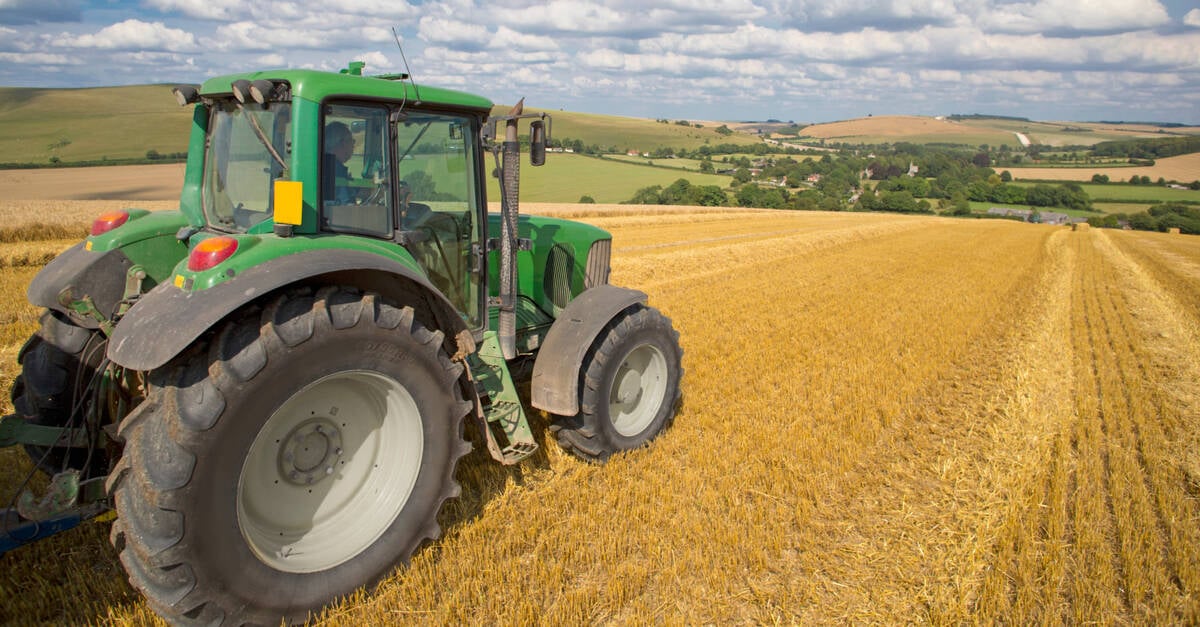
"In its response, submitted more than a year after the Committee's May 2024 deadline, Defra said that during the current spending review period (2022-23 to 2024-25) it invested heavily in "upgrading obsolete devices and software, including removing 31,500 Windows 7 laptops from the estate and upgrading to Windows 10." The investment also tackled more than 49,000 "critical vulnerabilities," migrated 137 legacy applications, and shut down one of its ageing datacenters, with three more closures planned."
"The department insists the refresh will make Defra more efficient, improve the reliability of critical systems such as flood prevention and border controls, and reduce exposure to cyber risk. But the decision to deploy an operating system that Microsoft stopped supporting on October 14 - unless customers pay for extended updates - suggests some of that £312 million may already be buying obsolescence."
Defra invested £312 million in IT modernization during the 2022-23 to 2024-25 spending review, replacing 31,500 Windows 7 laptops with Windows 10, addressing more than 49,000 critical vulnerabilities, migrating 137 legacy applications, and shutting down one ageing datacentre with plans for three more closures. The department deployed a security “hyper care” solution to protect obsolete servers until full upgrades are completed. The refresh is intended to improve efficiency, strengthen reliability of critical systems such as flood prevention and border controls, and reduce cyber risk. Deployment of an operating system that lost support on October 14 raises concerns about lingering obsolescence and potential extra costs for extended updates.
Read at Theregister
Unable to calculate read time
Collection
[
|
...
]